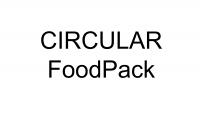
CIRCULAR FoodPack aims to facilitate the circular use of plastic packaging addressing the most sensitive product category: Food packaging. This sector contains 87% of all European flexible plastic-plastic multilayer composites (MLC) due to the high requirements for food preservation and safety. However, these MLC laminates cannot be recycled by state of the art processes and thus counteract the circular use of food packaging. Recycled polymers from far less demanding mono-film waste…
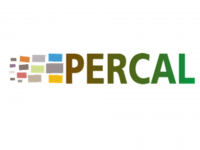
PERCAL will exploit Municipal Solid Waste (MSW) as feedstock to develop intermediate chemical products at high yield and low impurity level with huge industrial interest. These will be complementary to the bioethanol (current PERSEO technology), to achieve a cascade valorisation of the MSW components, i.e.:
- Lactic acid (LA) to produce: 1) Eco-friendly ethyl lactate solvents by reactive distillation from lactic acid & bio-ethanol to be used in cleaning products and inks…
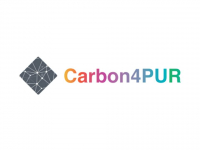
The industrially driven, multidisciplinary Carbon4PUR consortium will develop and demonstrate a novel process based on direct chemical steel mill gas mixture conversion, avoiding expensive physical separation, thus substantially reducing the carbon footprint and also contributing to high monetary savings. The consortium and the development are organized along the full value chain starting with the provision and conditioning of industrial emissions from a steel to a chemical company fully in…
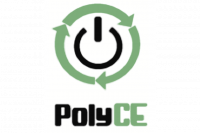
Various activities address the WEEE value chain in order to reduce waste generation and enhance the sustainable resource management through use of recycled materials instead of their virgin counterparts. While the system for metals recycling is already well established, the rising volumes of waste plastics point to stalemates in the current plastics economy, which hamper its shift to a more circular model. Although there are individual efforts to improve the collection and recycling of WEEE…
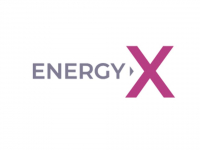
The ENERGY-X CSA (Coordination & Support Action), funded by the EU’s Horizon 2020 programme, kicked-off on March 4th, 2019, in Prague. It will mobilise European researchers and industry over the next twelve months, in order to build a strategic roadmap towards a large-scale research initiative addressing the efficient conversion of solar and wind energy into chemical form. The…
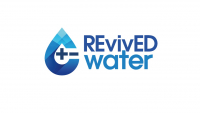
REvivED water is a European Union funded innovation project which aims to contribute to overcoming the drinking water challenge by establishing electrodialysis (ED) as the new standard for desalination of seawater. Safe, affordable and cost-competitive drinking water will be produced; with significantly reduced energy consumption compared to state-of-the-art Reverse Osmosis (RO) technology.
Focus will be on the following systems and applications:
…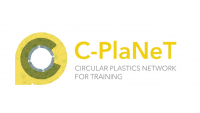
Bringing plastics into the circular economy is one of the great challenges of our age. C-PlaNeT lays the foundations for a New Plastics Economy through a European Joint Doctoral Programme that trains 15 Early Stage Researchers (ESRs) to become part of a new generation of scientists, engineers and policy makers for the EU’s circular economy, which must include the design, processing, use and reuse of plastics. C-PlaNeT focuses on excellent international research, training in complementary…
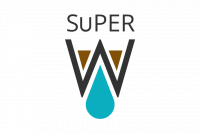
SuPER-W is a "European Joint Doctorate" programme for highly motivated young scientists, combining state-of-the-art research with a comprehensive joint training programme on Resource, Product and Energy Recovery from Wastewater with a strong collaboration between academic and private partners.
The SuPER-W network consists of 15 young PhD students performing research on different types of resources to be recovered from wastewater and in different parts of the value chain. Each PhD…

The RUSTICA projects provides a technical solution to convert organic residues from the fruit and vegetable sector into novel bio-based fertiliser products of high quality that address the needs of modern (organic) agriculture.
The project’s ambition goes beyond the simple recovery of nutrients, and also includes the developments of economically viable and environmentally sustainable alternatives to mineral fertilisers with the same or improved agronomic value. The technical solution…
Pagination
- Page 1
- Next page
